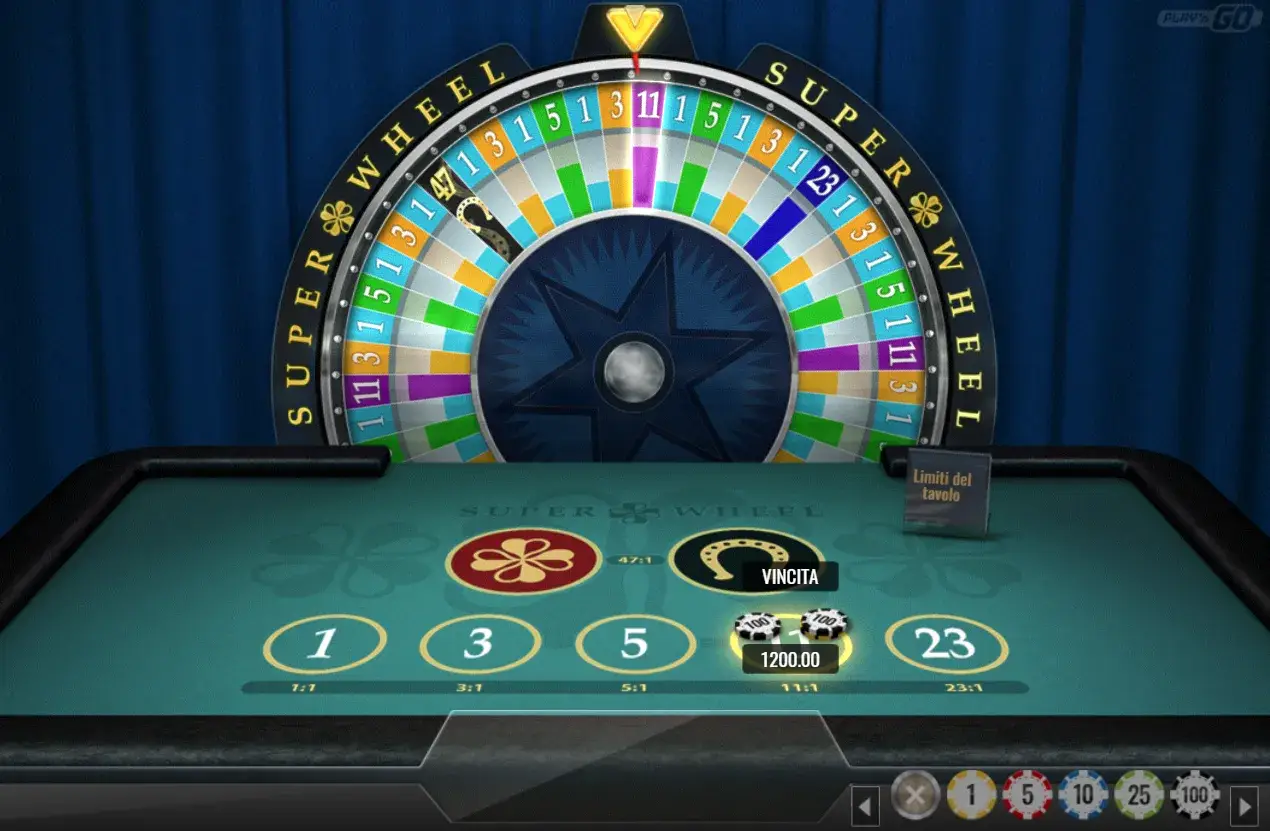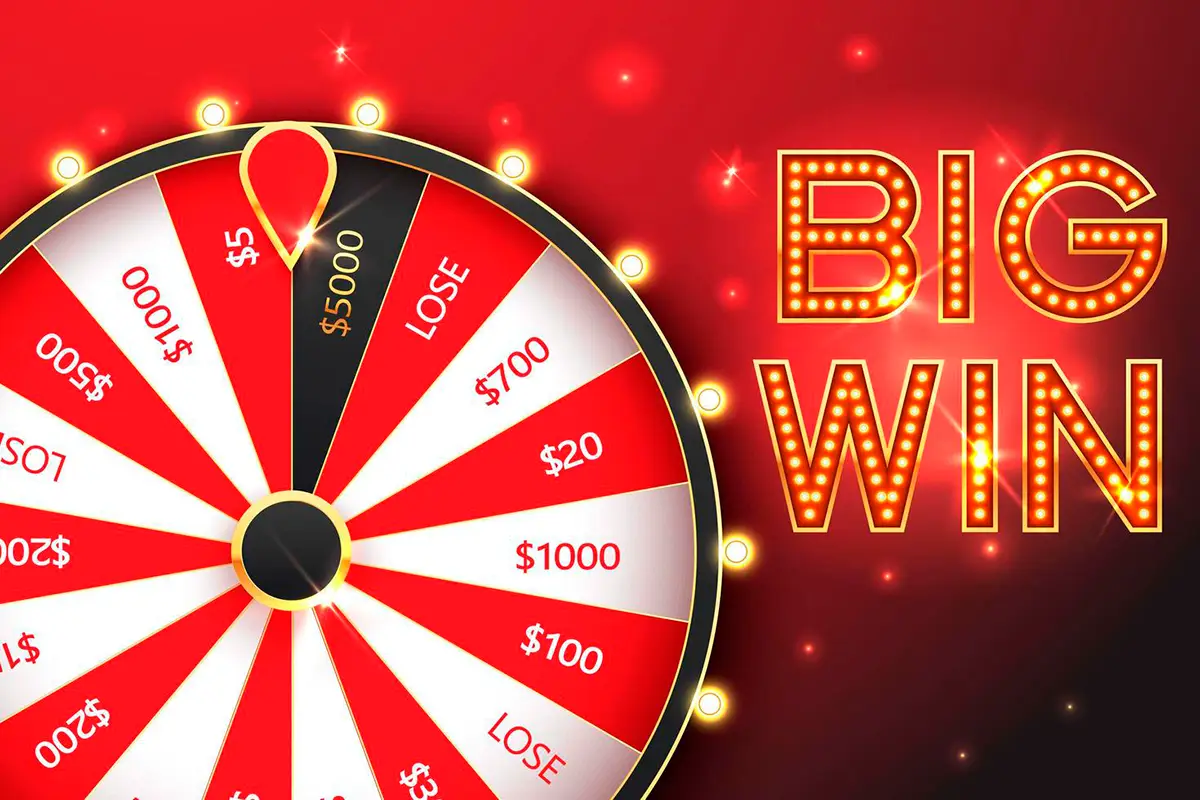Choosing a platform for betting on the “Wheel of Fortune” doesn’t start with roulette or bonuses. Checking the license is the only way to ensure that the game follows the rules, not chance. Without regulatory oversight, any promise of payouts becomes an empty formality.
⠀
The gameplay in the “Wheel of Fortune” is simple, but its attractiveness is often exploited by pseudo-casinos — clone sites offering blatantly unfair conditions. In the absence of transparency, winnings are blocked, complaints are ignored, balances are reset without justification. Effective ways to check an online casino license become a key tool in protecting players from fraudulent platforms.
Direct ways to check an online casino license by number and jurisdiction
A genuine license is not just an image in the site’s footer. It’s a unique number issued by a specific regulator. The licensor’s official website always features a registry — an open database with numbers and statuses of valid permits.
To use correct methods to check an online casino license, start with the jurisdiction. The most common ones are:
- Curacao (Gaming Control Board);
- Malta (Malta Gaming Authority);
- Gibraltar (Gibraltar Regulatory Authority);
- United Kingdom (UK Gambling Commission);
- Costa Rica (MEIC) — less reliable.
Entering the unique license number on the regulator’s site allows you to find out the validity period, owner, domain data, and a list of platforms associated with the license. If the cipher doesn’t match, it’s a fake for the user.
It’s particularly important to avoid duplicate sites using similar URLs and logos. A fake license often duplicates someone else’s valid number, masquerading as a legitimate resource. Comparing registration data in the registry with the actual site parameters is a way to instantly confirm authenticity.
Reliability of support and response to complaints
A platform with a valid license is obligated not only to process bets but also to protect players in case of disputes. Having a complaint mechanism is a mandatory licensing requirement in Malta, the UK, and Gibraltar.
Methods to check an online casino license include analyzing the feedback form, the presence of a compliance email service, and links to the regulator. Without these elements, a platform is unable to provide full support.
For example, if an account is blocked without explanation, a player at a licensed casino can directly contact the regulatory body. In practice, with a valid license, the regulator initiates an investigation. Platforms without a certificate even ignore legally filed complaints.
Ways to check an online casino license: how to spot a fake
The visual presentation of a license on a site doesn’t confirm its legality. Fake platforms copy regulators’ logos, display banners with phrases like 100% Legal without indicating jurisdictions and numbers. Reliable methods to check an online casino license include analyzing the site’s structure, SSL certificates, external links, WHOIS history. Fake sites use:
- Fake numbers that don’t match the registry.
- Jurisdictions that don’t issue gambling licenses (e.g., Panama, Belize, Cook Islands).
- Blocked domains with a history of fraud.
- Absence of “Terms” and “Responsible Gaming” pages.
- Only a Telegram bot as “support service.”
Authenticity verification is done through WHOIS database, comparing IP addresses, security certificates, and analyzing the site’s code (often fake casinos are hosted on a cheap template without a unique engine).
Risks for a player in the “Wheel of Fortune” without checking an online casino license
The thrill and visual speed of the “Wheel of Fortune” often distract from basic security procedures. An operator may issue a fake permit, not disclose regulator information, and manipulate results through uncertified software. Therefore, ways to check an online casino license are critical before starting the first game.
A player on an illegal service loses several levels of protection immediately:
- Legal protection doesn’t apply. Complaints are not considered as the operator is not under regulatory control.
- Inability to track results. The mechanics of the “Wheel of Fortune” can be replaced by a script where the outcome is predetermined.
- Blocking winnings becomes the norm. A casino may request re-verification, swap KYC documents, or simply cancel the account.
- Hidden fees. Fake platforms impose hidden charges on deposits and withdrawals — sometimes up to 30% of the amount.
- Lack of communication with the game provider. Even if the “Wheel of Fortune” visually resembles a product from a well-known brand, without a license, proving its origin is impossible.
- Lack of financial guarantees. On illegal platforms, a player’s funds are not insured. In case of account blockage, even a bank cannot facilitate a refund.
- Data compromise. Personal and payment information may be shared with third parties due to the absence of processing and storage policies.
- Technical glitches go uncompensated. An illegal operator is not obliged to recalculate bets or compensate for lost sessions.
Despite the external similarity of the interface, the difference between a legal and illegal platform is colossal. Even a minimal deposit in a fake casino on the “Wheel of Fortune” can result in a complete loss of funds. Therefore, choosing a platform always starts with a thorough license check, not flashy advertising or bonus promises.
Conclusion
The gaming format of the “Wheel of Fortune” is built on the sensation of instant results, but true confidence comes only with a conscious choice of a licensed platform. Ways to check an online casino license not only help distinguish a legal operator from a fake one but also provide a real control tool — from verifying jurisdiction to analyzing the provider’s work.
Verification always starts with the regulator’s official site and continues with studying smart contracts, return policies, lists of prohibited countries, and withdrawal conditions. Only verified platforms maintain a balance between the spectacle of the “Wheel of Fortune” and the protection of players’ interests.
The risks of unlicensed operators have long moved from theory to practice: canceled winnings, substituted software versions, account blockages, and data leaks are becoming a reality for thousands of users. Every bet in the “Wheel of Fortune” gains meaning when backed by a transparent license, certified mechanics, and regulatory accountability. Without this, gambling turns into a trap. A conscious platform choice starts not with design but with a document that protects the player’s rights.
 en
en  ru
ru  de
de  ar
ar  es
es  nl
nl  hi
hi  fr
fr  it
it  pt
pt  el
el 










